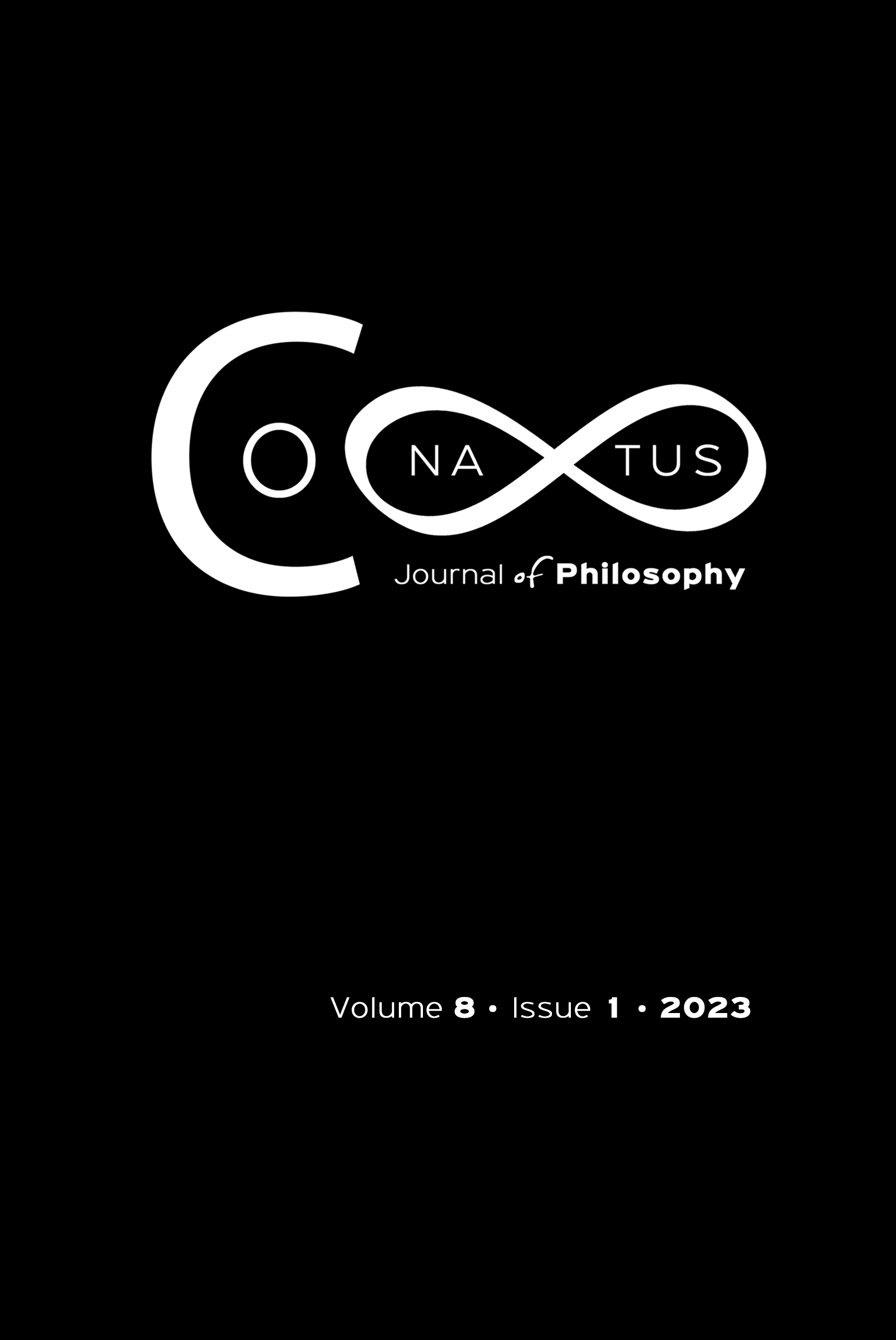Empedocles on Ensouled Beings

Abstract
The paper analyses fragmentarily preserved views of Empedocles, that, in the author’s opinion, represent the antecedents of deviations from the anthropocentric vision of the world and anticipate the majority of later attempts at scientific, philosophical, and legal modifications of the status of all living beings. Empedocles, namely, claims that all beings think, i.e., that they have understanding or consciousness. He is, moreover, portrayed as a proponent of the thesis that plants as well have both intellect and the ability to think, and that they are driven by desire and have feelings, sadness and joy. According to him, the idea that the whole nature is akin not only has a vital-animal meaning but, to a certain extent, a mental meaning. Empedocles urged his disciples to abstain from consuming ensouled beings, since it is in the bodies of these beings that penalized souls reside. He believed that he himself was one of them who had been killed and eaten, and that it is by purification that prior sins in connection with food should be treated. Empedocles’ case shows that humans are living beings that err, and that they owe to animals justice based on mutual kinship. Aside from living a pure life, practicing the recommended katharmoi, and abstaining from flesh in any version, the path to the salvation of the soul leads through two additional dimensions. The first is being revealed in the important phrase of the sage from Acragas that one should fast from evil. And secondly, the wealth of divine thoughts is connected with being happy, just as those who have vague opinions about the gods are wretched. Eventually, the “Sicilian Muse” believed that if people live in a holy and just manner, they shall be blessed in this life, even more so after leaving this one, because they will achieve happiness that will not be temporarily, and be able to rest for eternity.
Article Details
- How to Cite
-
Kaluđerović, Željko. (2023). Empedocles on Ensouled Beings. Conatus - Journal of Philosophy, 8(1), 167–183. https://doi.org/10.12681/cjp.31570
- Section
- Articles

This work is licensed under a Creative Commons Attribution-NonCommercial 4.0 International License.
Authors who publish with this journal agree to the following terms:
Authors retain copyright and grant the journal right of first publication with the work simultaneously licensed under a Creative Commons Attribution Non-Commercial International License (CC BY-NC 4.0) that allows others to share the work with an acknowledgement of the work's authorship and initial publication in this journal.
Authors are able to enter into separate, additional contractual arrangements for the non-exclusive distribution of the journal's published version of the work (e.g. post it to an institutional repository or publish it in a book), with an acknowledgement of its initial publication in this journal.
Authors are permitted and encouraged to post their work online (preferably in institutional repositories or on their website) prior to and during the submission process, as it can lead to productive exchanges, as well as earlier and greater citation of published work.





